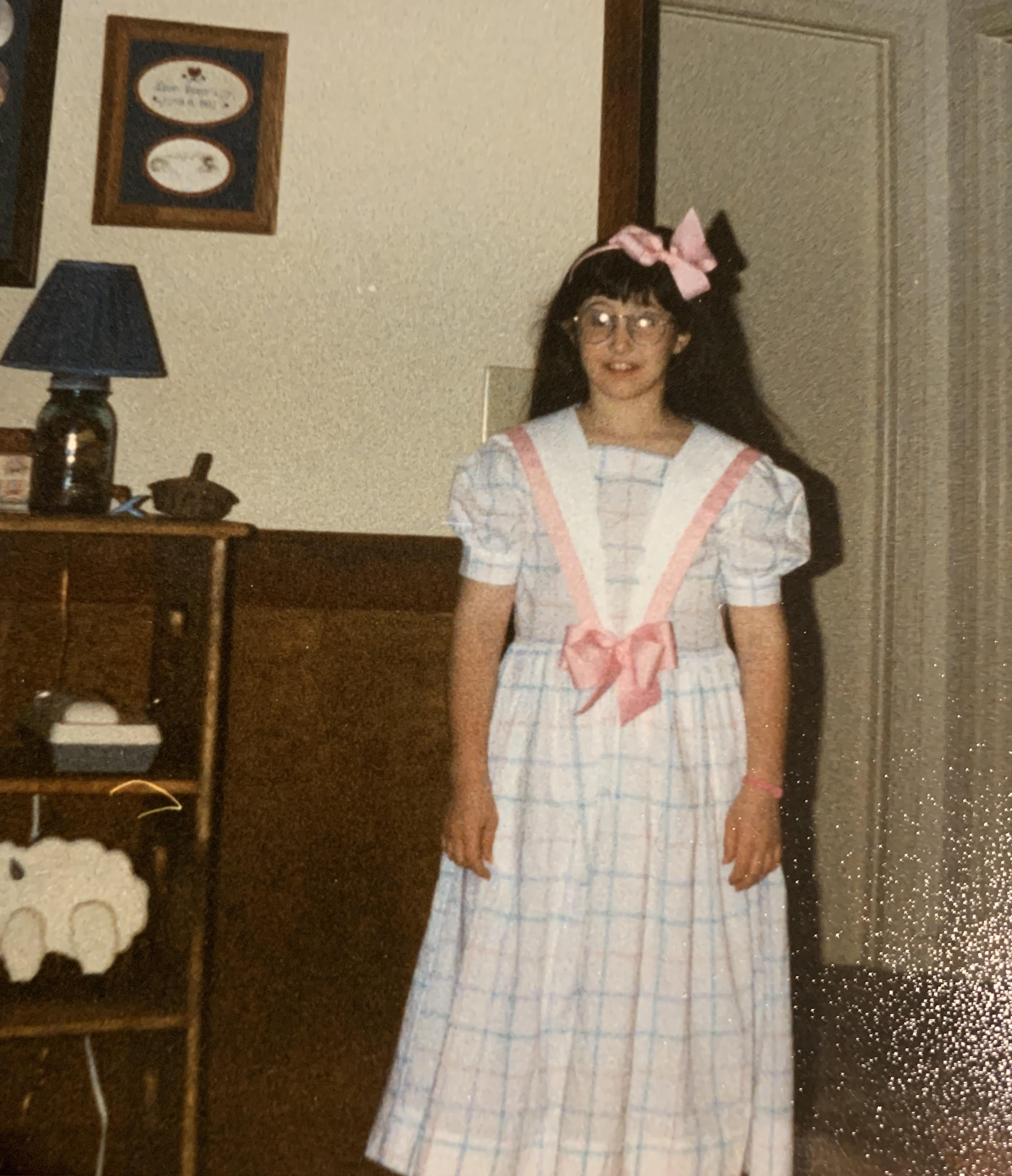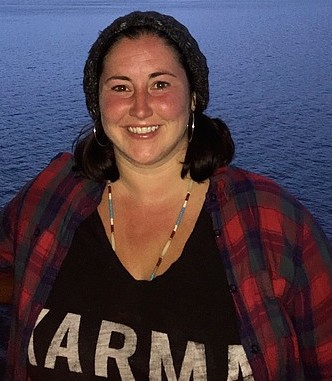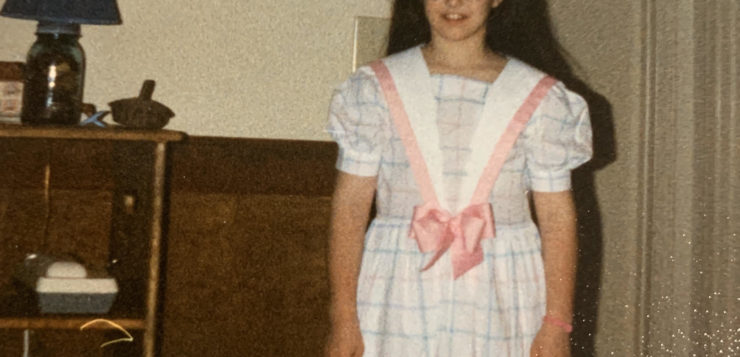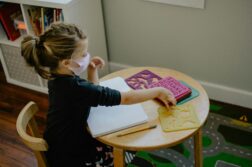“The churches down South are not few and far between, not by a long shot. One of the very first questions you might receive from a complete stranger is, “What church do you attend?” This is the local gauge to discover what mutual acquaintances you might have. It’s also a litmus test to find out if you are a heathen or not in the eyes of the Southern Baptists.” – from Journey of Cotton Blossom

I grew up in Mississippi in a small Southern Baptist town. Where I grew up we attended church twice on Sundays and once on Wednesdays. Church is a place for the family to feel part of a larger family and to worship God. The Southern Baptist church preaches these principles: family and love. But what happens when you don’t fit into the narrow box of acceptability prescribed by the church?
Well, I can tell you an experience that was a defining moment in my life. It’s a story so impactful that I featured a version of it in Journey of a Cotton Blossom, my historical fiction novel set in Mississippi. This novel depicts the journey through three generations of a family struggling through the 1940s, to the battle for Civil Rights in the ’60s, and finally the push LGBT equality of the ’90s and ’00s. It’s a story about a family searching for love, acceptance, and equality inwardly and outwardly in society. Ultimately, it is about the power to sustain one’s soul throughout hardships and blatant discrimination.
I attended this Mississippi church most of my young life. There are many stories I could share, but the most traumatic took place one sweltering fall day. I was dropping off my three-year-old godsister at the church preschool that I myself had attended seventeen years before. As I reached her classroom, someone informed me that the pastor wanted a word with me. This was a first. With no idea what to expect, I walked down the hall to the pastor.
I was filled with confusion as I followed him into a room that I had never seen before, even though I had spent more than a decade attending this church three times a week.
“Have a seat,” he demanded.
As I sat, I glanced around the room. Five others seated awaiting my arrival. They looked eager for what was about to happen.
The room was arranged in the fashion of a courtroom. It was clear I was on trial. The pastor was the judge, jury, and executioner. The five others were apparently his groupies. He could not face me, a young girl, alone.
“There is a rumor going around that you are gay,” he said sternly. This was a heavy statement coming from the pastor. I had just recently come out to my parents, and I was still stuck in the sheer fear of my truth. Admitting to being gay in front of six people was horrifying. I looked around to the aficionadas. They had a look of excited anticipation. This would be splendid gossip.
One thing that’s important to know is how much churchgoing Southerners in general love to gossip. Their first religion is church attendance and the second is gossip.
“Yes, I am gay,” I replied.
My answer still echoes in my body today.
The pastor smirked for just a moment. He seemed eager to attack. “This is repulsive and sickenin’. The only sins that compare to being gay are those of being a murderer or a pedophile. You are as sick and filthy as they are. You will burn with them in hell. I don’t know how you’re even allowed to take a child to Sunday school. Children should never be exposed to these types of perversions. You are no longer welcome at Pine Lake.”
The pastor’s hate-fueled rant continued, and I was filled with horror. My heart was shattered as the betrayal of the church I grew up in continued to assault me. Suddenly, it felt like a ton of bricks was crushing my chest. I couldn’t breathe, and I began to panic. I had to get out of there.
I jumped from my chair fleeing the room and the scene of the hate crime. I ran to the parking lot and immediately started hyperventilating through my tears. My heart felt physically heavy in my chest and I was broken.
I’ve witnessed many acts of discrimination. Through the struggles I’ve learned what it feels like to be different. This has given me the great gift of empathy. I know what one can endure when someone feels totally alone, as if the world hates them. Seeing a character similar to oneself in a book or film can help people feel like they are not alone in fighting demons instilled into them by the church and by society.
My story still haunts me, because I know others will suffer this fate until we enact change. Because of my experiences, I battle injustice through writing. I believe it is increasingly important to promote diversity and equality. The climate of our county needs voices of equality, acceptance, and love now more than any point in my lifetime.
This is why stories like Journey of a Cotton Blossom and other stories of diversity are so important, and why I will continue to write in an attempt to fight injustice. Showcasing these stories can set us as a country on a path toward recognizing the problem, working on solutions, and healing.

J. C. Villegas is the author of Journey of a Cotton Blossom, parts which were excerpted for this essay.







Discussion2 Comments
JC Villegas is another model of resilience. Our LGBTQ community has so many resilient folk because we have to endure so much simply to survive the years of discovering we’re “different.” Wrap that experience in the demands and hypocrisies of so many “religious” people, and it’s a tough wall to scale. So glad Ms. Villegas scaled it and shared her story with us.
This is a well-written, and powerful, and unfortunately true vignette. This is a very Christian value system: words of love and actions of hate. Maybe it served in the long run to make the author stronger and more determined to be a human being.